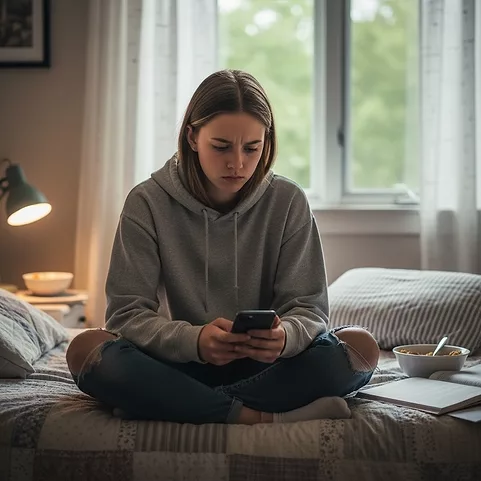Guanfacine Is Effective and Safe for Children, Adolescents, and Adults
REVIEW OF: Yu S et al, J Child Adol Psychopharm 2023;33(2):40–50
STUDY TYPE: Systematic review and meta-analysis
Guanfacine is approved and prescribed for ADHD in children and adolescents, but does it remain safe and effective as our adolescent patients reach adulthood?
This systematic review and meta-analysis included 12 RCTs, one involving adults (Iwanami A et al, J Clin Psychiatry 2020;81(3):19m12979). A total of 2,653 participants (1,684 receiving guanfacine, 989 receiving placebo) included children, adolescents, and adults. The study evaluated treatment effect sizes, treatment-emergent adverse effects (TEAEs), and treatment duration.
Clinical Global Impression—Improvement (CGI-I) scores were used as the treatment outcome for all but one study; on this 7-point scale, 1 is very much improved, 2 is much improved, and higher numbers represent increasing severity (not improved).
Individuals receiving guanfacine were more likely to improve (59.8%) compared to placebo (34.0%). For those receiving guanfacine <10 weeks, efficacy was 58.5% versus 29.4% with placebo; for >10 weeks, efficacy was 63.6% versus 39.7% with placebo. Removing the Iwanami adult study did not impact the overall findings.
Ten of twelve studies reported TEAEs (1,437 and 836 in guanfacine and placebo groups, respectively). In the guanfacine group, 81.4% experienced at least one TEAE compared to 66.5% in the placebo group, with 9.3% of the guanfacine group and 1.9% of the placebo group stopping treatment. Common TEAEs included somnolence, headache, and fatigue. Overall, there were minimal serious adverse effects found in the studies, with the following attributed to guanfacine: three instances of syncope and one instance each of self-injurious/suicidal ideation, vomiting, and withdrawal hypertension. Average PR interval and systolic and diastolic blood pressures decreased minimally with increasing guanfacine doses. More adults than children discontinued guanfacine due to side effects (19.8% vs 8.5%).
CARLAT TAKE
Guanfacine fared better than placebo in treating ADHD at all ages. Although a higher percentage of adults had side effects, there was only one adult study included and, overall, these were minimal. Serious adverse events were rare. While we do need more data on adults, if guanfacine is working for your child and teen patients, this study gives some support for continuing it into adulthood.


_-The-Breakthrough-Antipsychotic-That-Could-Change-Everything.webp?t=1729528747)



